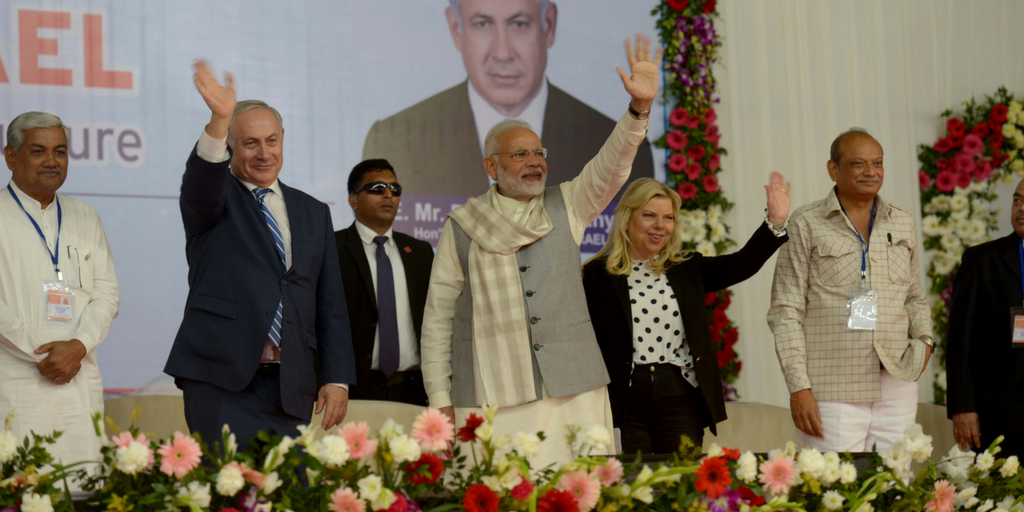“The American-Israeli bond runs deep, born out of mutually held values of democratic norms, rule of law, and freedoms of religion and opportunity. As a long-time supporter of Israel, I will ensure that our alliance does not waver, and that America continues to support Israeli security, advocate for her on the international stage, and contain the threat from Iran and terrorism across the region.”
The above quote is taken from Dan Crenshaw’s website. With his runoff victory in the Republican primaries in Houston’s congressional district on May 22nd, Crenshaw is set to face the Democratic challenger. This race for congressman already sees Crenshaw out to a large lead.
There is no doubt that both Republican candidates are staunch supporters of Israel, but Crenshaw’s unwavering tone on his support and his personal connection to people in areas “Palestinians” want for their state put him on a different level.
Yet, Dan Crenshaw appears to get the idea that the USA and Israel have a natural bond that goes beyond security necessities. This bond is Biblical. The USA has always saw itself as a facilitator for the Jewish return to Zion. As far back as the founding fathers in whom there was a real debate on making the official language of the USA Hebrew to Abraham Lincoln’s desire to help the Jewish people return to their ancient homeland, the USA has taken the mantle as an extension of Israel.
Dan Crenshaw was nearly killed in his third tour of duty in the Middle East. He spent days in a coma and lost his eye. He has been blessed to continue and assuming he will be victorious this November, his blessings will continue. Blessings are drawn when one makes it a point in doing the Creator’s will by standing up for truth and justice. Crenshaw certainly has continued in that path and despite the fact that Washington D.C. is a swamp, with Biblical values, Dan Crenshaw will do just fine.





